.
AKA “When the Hero Is Really A Villain” Part 2
 |
| Crossroads series #1 |
Spoiler Warning: I can’t pen this post without a significant plot spoiler in terms of Kate Elliott’s Crossroads series. So although it’s no longer a new-out series, having been published between 2006 – 2009, if you haven’t read the books yet, but feel you may wish to, this may not be the post for you. However, like most of Kate Elliot’s stories, the Crossroads series is complex and multi-layered, with many protagonists of note, so although the element I’m discussing is important, it’s a very long way from being the whole story. With these considerations in mind, I leave the rest to you. J
Last month, I focused on when the main character in a Fantasy story is as much, if not more, villain than hero, i.e. they may be the main character and/or protagonist, but a hero they are not.
But what if both the reader, and other characters within a story, believe someone to be a hero and champion, only to find out, a very long way down the road, that the opposite is the case? This is what I call the author messing with my mind – and I can think of no better example than Kate Elliott’s Crossroads series: Spirit Gate; Shadow Gate; and Traitor’s Gate.
I also hasten to add that I love it when an author manages to not only surprise me, but pull the wool over my eyes as comprehensively as Kate did with the Crossroads trilogy. J
 |
| Crossroads #2 |
The Crossroads series focuses on The Hundred, where the traditional spirit guardians are under siege and society has descended into civil war. A number of very different characters are caught up in these events, including an exiled prince from a neighboring empire, with his bodyguard of elite warriors, and a young bride, Mai, recently married in a star-crossed meeting of cultures and personalities.
The prince, Anji, and his well-trained and disciplined bodyguard come to play a critical role in resisting the magical corruption besetting The Hundred and stemming the tide of civil war. In doing so, Anji and Mai forge new alliances and establish friendships. They are, their new allies and friends believe, very much on the side of the angels.
As a reader, I believed it, too—although in retrospect, the contrary signs were there from the outset, but the author wove them into the larger story so subtly that I (like the other protagonists) thought this a traditional heroic and romantic tale. Instead, readers eventually discover—along with the characters, some at the cost of love, others of their lives—that it is a tale of ruthless opportunism and ambition.
 |
| Crossroads #3 |
I can say it no better than two of the other protagonists, when finally seeing Anji for what he has become, and maybe always was. One of these characters is Shai:
“Anji had walked beyond anger. Indeed, Shai thought, he had walked beyond shame. He had walked beyond honor. He knew what he wanted and he knew how to get it; the ghost of another man, a man he might have been, faded behind him.”
The other is Mai, when she finally realizes that Anji has lied to her, too, along with everyone else, and betrayed her trust:
“To think she had mistaken him for the hero of the tale.”
The irony, and the author’s subtlety in creating this villain, lies in a divide between personal and public goods. Anji has “become in all ways but name” the sole ruler of The Hundred. In part, he has done so by effectiveness in war and reestablishing order. He has also done so by lying to and betraying former friends and allies and eliminating potential rivals. To seal his hold on power, Anji also betrays Mai, abandoning their love.
 |
| Sequel to Crossroads series |
Lies, betrayal, murder – but those who see the restoration of order and law, peace and security, are willing to accept the lies used to justify the betrayals. For many, who have not shared in the revelations and experience of Shai, Mai, and others, Anji remains a hero: the savior of The Hundred.
© Helen Lowe
~*~
About the Author
Helen Lowe is an award-winning novelist, poet, and lover of
story. With four books published to date, she is currently completing the final
instalment in The Wall Of Night series.
.
Helen posts regularly on her “…on
Anything, Really” blog, monthly on the
Supernatural Underground, and tweets @helenl0we.
~*~
Previous “Year of the Villain” Posts:
January: Ushering in 2024 -- & the Year of the Villain
February: The Year of the Villain #1: The Lord of The Rings Pantheon
March: The Year of the Villain #2: Ursula Le Guin & “Earthsea”
April: The Year of the Villain #3: Tigana and Brandin of Ygrath
May: The Year of the Villain #4: Elidor and Formless Evil
June: The Year of the Villain #5: When the Hero Is Really A Villain


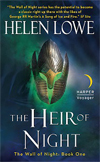
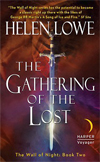
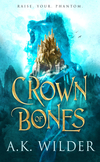
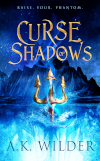
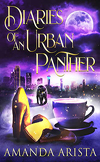


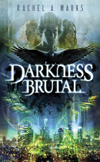
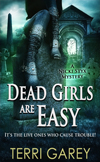
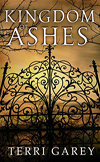
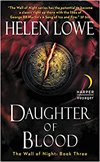
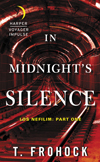
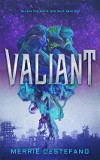
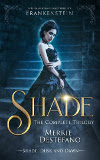

No comments:
Post a Comment